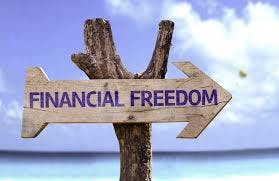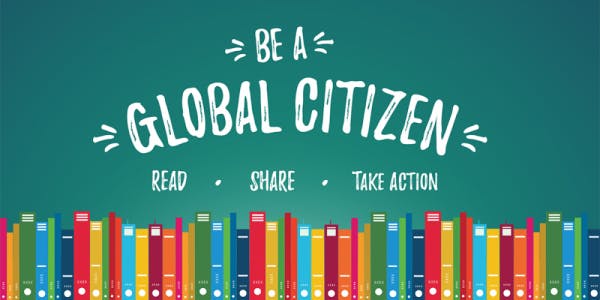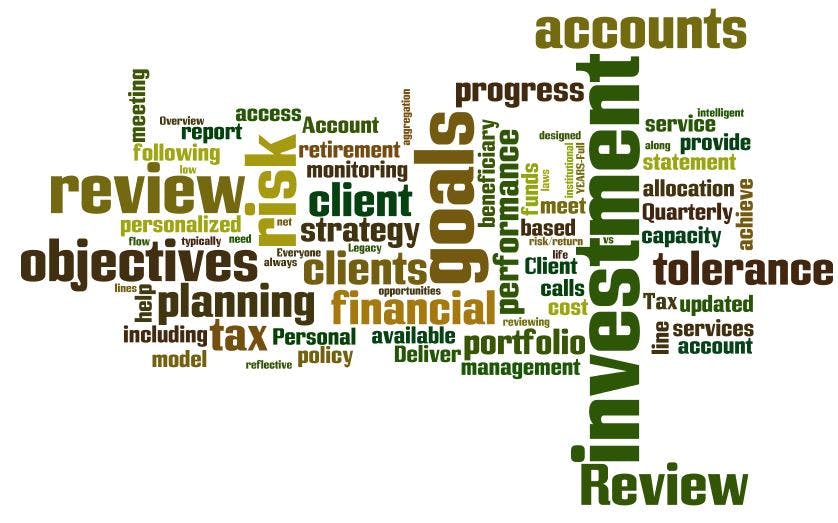John D. Rockefeller once said: “If you want to become wealthy, you must have your money work for you. The amount you get paid for your personal effort is relatively small compared with the amount you can earn by having your money make money.”
All Africans love living in Africa and there is nothing stopping us from being Global Citizens.
That's correct you can become a Global Citizen.
You will need to re educate yourself around Financial planning and identifying the correct vehicles to use to achieve your plan.
It all begins with a Plan. Its time to know "The Formula for Riches".
Below is a list of topics one needs to understand and grasp in order to understand The Formula For Riches.
Understand the Debt Trap
Study Investment Platform Types
Identify those that Interest You
Begin with Monthly Investing
Understand Investment Risk
This book is written by Hannes Dreyer one of my Mentors and I highly recommend you take the time to read it.
I was born in Zimbabwe and having lived the majority of my life in South Africa there is no better part of the world to live in and to achieve this "Formula For Riches", but one needs a Plan linked to Financial Goals.
Yes, it is possible to become financially free in the world today. This requires careful planning, saving, investing, and budgeting. Additionally, it is important to create multiple streams of income and to take advantage of opportunities to increase your wealth.
You too can start up your own Business and have a second income and become financially FREE. Yes we live in uncertain times thats a given but you can take control of your LIFE!
Understanding the Debt Trap
The debt trap in South Africa is a complex issue that is rooted in the country's history of inequality and racial disparity. It is a problem that has been exacerbated by the economic recession of 2008 and the resulting austerity measures. South Africa has one of the highest levels of debt in the world, with most of it owed to foreign lenders. This debt has been difficult to pay off due to high interest rates, low growth rates, and the country's weak currency. In addition, the government has used debt to finance its social programs, which have had limited success in alleviating poverty. This has led to a situation where households and businesses are unable to service their debt and have to resort to borrowing more money to stay afloat. As a result, debt levels in South Africa are continuing to rise, leading to a situation where the country is increasingly reliant on foreign lenders for financing.
Many South Africans ask me: How can one get themselves out of the Debt Trap in South Africa?
1. Analyze your finances: Make a detailed list of your income, expenses, and debts.
2. Create a budget: Calculate how much of your income goes to debt payments and other expenses.
3. Prioritize your debts: Determine which debts should be paid off first, and make a plan for paying them off.
4. Negotiate with creditors: Contact your creditors and try to negotiate a lower interest rate or a repayment plan.
5. Consolidate your debts: Consider taking out a loan to consolidate your debts and make your payments more manageable.
6. Seek help: Consider getting professional advice from a debt counsellor or credit provider.
7. Increase your income: Consider getting a second job or selling items you no longer need to make extra money.
8. Cut your expenses: Cut back on non-essential spending and put the money toward your debts.
9. Stay disciplined: Stay focused on your plan and maintain good financial habits.
Disclaimer
African Trading™, and its affiliated entities, wish to make it explicitly clear that we do not offer, endorse, or provide financial advice or consultation of any kind. We do not hold ourselves out as financial experts, advisors, or professionals in any jurisdiction or country.
The information shared, discussed, or presented by African Trading™ is intended solely for the purpose of sharing general knowledge and educational content with our audience. We strive to provide information that is accurate and up-to-date to the best of our ability. However, we make no representations or warranties about the accuracy, completeness, or reliability of the information provided.
It is essential to understand that financial markets and regulations can vary greatly from one jurisdiction to another. We do not claim to be knowledgeable or qualified in the intricacies of financial regulations or investment strategies specific to any country, region, or jurisdiction.
African Trading™ strongly encourages individuals seeking financial guidance or investment advice to consult with certified financial professionals, advisors, or experts who are duly licensed and authorized to provide such services in their respective jurisdictions. Your financial decisions should be based on personalized, expert advice tailored to your unique circumstances and financial goals.
In summary, African Trading™ is committed to sharing worldly knowledge and information for educational purposes only. We do not offer financial advice, nor do we assert ourselves as financial experts. Any actions taken based on the information we provide are the sole responsibility of the individual, and we disclaim any liability for the consequences of such actions.
For specific financial advice, we urge you to consult with qualified professionals who are authorized and regulated within your jurisdiction.





